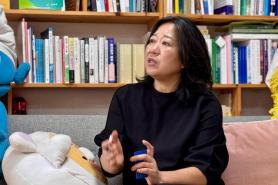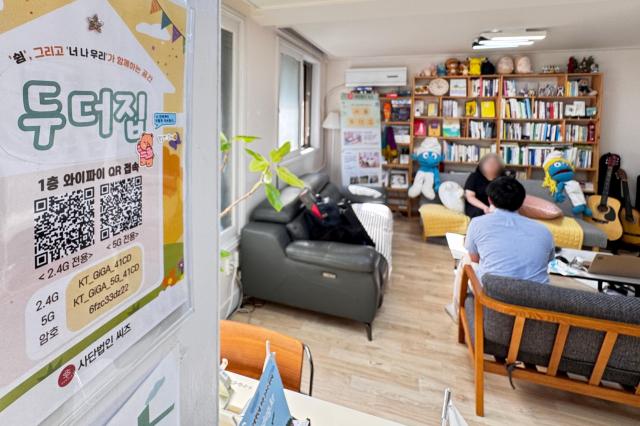
SEOUL, November 1 (AJP) - After spending five years secluded in her home, 22-year-old Yoon is taking her first steps back into society. Three weeks ago, the former music student began attending a community center, where she connects with peers and explores a new career path.
“The overwhelming pressure to succeed, combined with parental expectations, led to obsessive-compulsive disorder. I couldn't face anyone, so I withdrew completely,” Yoon told AJP at the center in western Seoul, dedicated to supporting isolated youths.
"I wanted to learn culinary skills and possibly become a chef. Other attendees have taught me valuable techniques, and their support means a lot to me,” she added.
Yoon is among a growing number of NEET (Not in Employment, Education, or Training) youths euphemistically called in Korea “people taking a break.”
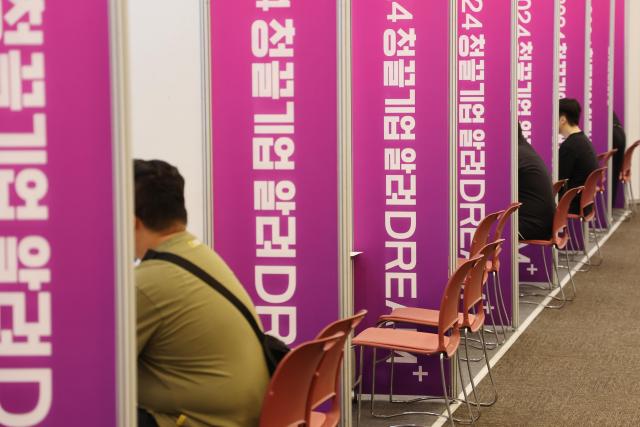
Statistics Korea reports that discouraged young adults expanded by 13.8 percent year-on-year to 460,000 individuals in August, marking an all-time high. The figure represents about 5.4 percent of the country's youth population, doubling the 2-3 percent range observed in the early 2000s.
"Today's youth think fundamentally differently from previous generations. Our society has failed to truly understand young people, who are increasingly reluctant to pursue traditional paths of employment and marriage," said Lee Yeon-jin, professor of sociology at Kookmin University.
"Many of them feel vulnerable and disconnected from society. While there's much discussion about understanding this shifting youth mindset and promoting employment support programs, more action is needed," she added.
Heo Su-jin, a youth policy expert at the Ministry of Economy and Finance, warns that prolonged withdrawal could harm young people’s job prospects and, ultimately, the national economy.
"In this era of ultra-low birth rates, this trend could diminish the labor supply, potentially hampering national economic growth," Heo said.
The NEET crisis stems partly from Korea's deeply divided labor market.
According to 2023 data from the Ministry of Employment and Labor, small and medium-sized enterprises (SMEs) with fewer than 300 workers pay an average wage 32.5 percent lower than large corporations.
The disparity also extends to benefits, with large companies spending an average of 434,000 won ($322) per worker monthly on welfare, compared to just 151,000 won for SMEs.
As of July 2024, SMEs accounted for about 83 percent of all job openings, while large enterprises offered only about 17 percent.
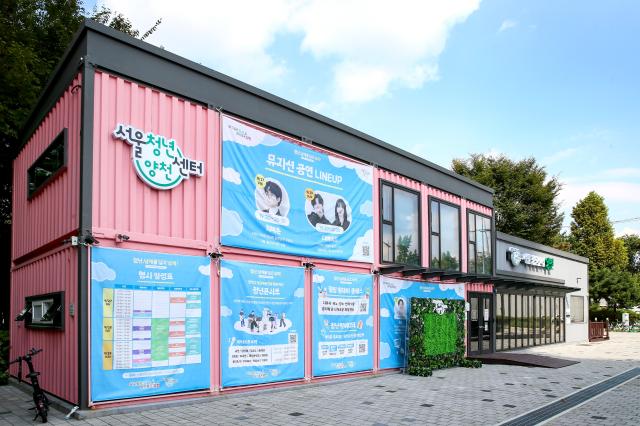
Mobility between these sectors remains limited, with only 12 percent of workers successfully transitioning from SMEs to large corporations in 2022, according to Statistics Korea.
"When young people can't secure desired positions, they often extend their job search or take a break rather than accept lower-tier employment," the finance ministry noted.
Apart from limited job availability, the growing youth withdrawal also stems from repeated job rejections, toxic workplace cultures and physical and mental exhaustion.
A worker at a youth support center in the central city of Cheonan recounted one participant’s struggle.
"Facing 20 to 30 rejections is crushing. I feel worthless, like all my efforts have been meaningless. Even after building substantial qualifications, being told I'm not good enough makes me want to give up,” the recluse was quoted as saying.
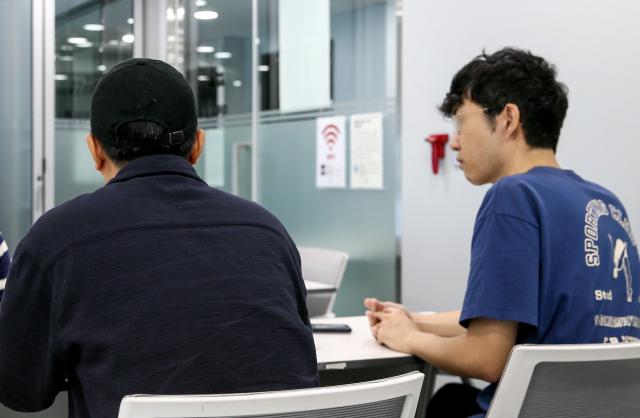
On Aug. 16, the finance and labor ministries launched a trial of the Youth Employment All-Care Platform, offering job placement and counseling services to upcoming university graduates.
In 2021, the labor ministry introduced the National Employment Support System and the Youth Challenge Support Program specifically targeting struggling unemployed youths.
The National Employment Support System offers up to three million won, with an additional 1.5 million won bonus for those who secure employment through the program.
The Youth Challenge Support Program collaborates with Seoul youth centers, providing comprehensive support, from job coaching to mental healthcare.
"While the employment support system provided financial assistance, the Youth Challenge Support Program offers more practical guidance for social reintegration,” said Jeong Yu-jeong, a former participant and current manager at Seoul Youth Center Yangcheon.
The center’s 200-hour maximum program offers socialization activities, psychological counseling and personal development workshops, tailoring support to individual needs.
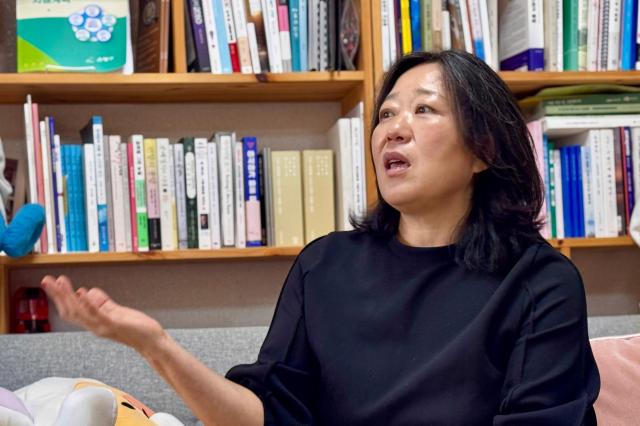
Some non-government organizations are stepping in where government programs fall short, including the social enterprise Seed:s, which operates two free programs to support severely isolated youths, including the one the former music student Yoon attends.
“Some attendees walk over an hour to reach our centers because they can’t afford the bus fare. Government programs like Youth Challenge Support remain inaccessible to many isolated youths,” Lee shared with AJP.
"Even modest financial assistance for basic necessities and phone bills could make a crucial difference," she added.
Professor Kim Dae-jong from Sejong University's School of Business believes early intervention is key.
"Students from middle school through university need access to volunteer opportunities and emotional development programs to become well-adjusted adults," Kim said.
He also called for structural reforms favorable to job creation. “With less than half of college graduates securing jobs, the government should reduce corporate taxes to attract international companies like Uber or Airbnb and create quality job opportunities.”
Copyright ⓒ Aju Press All rights reserved.


